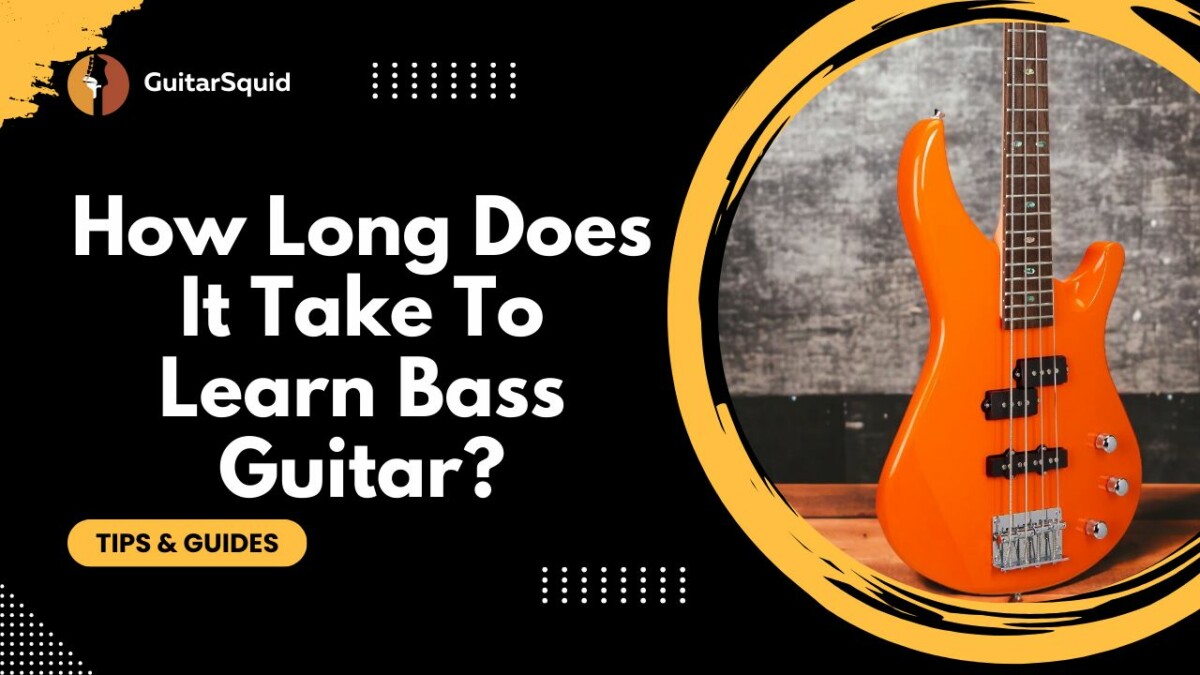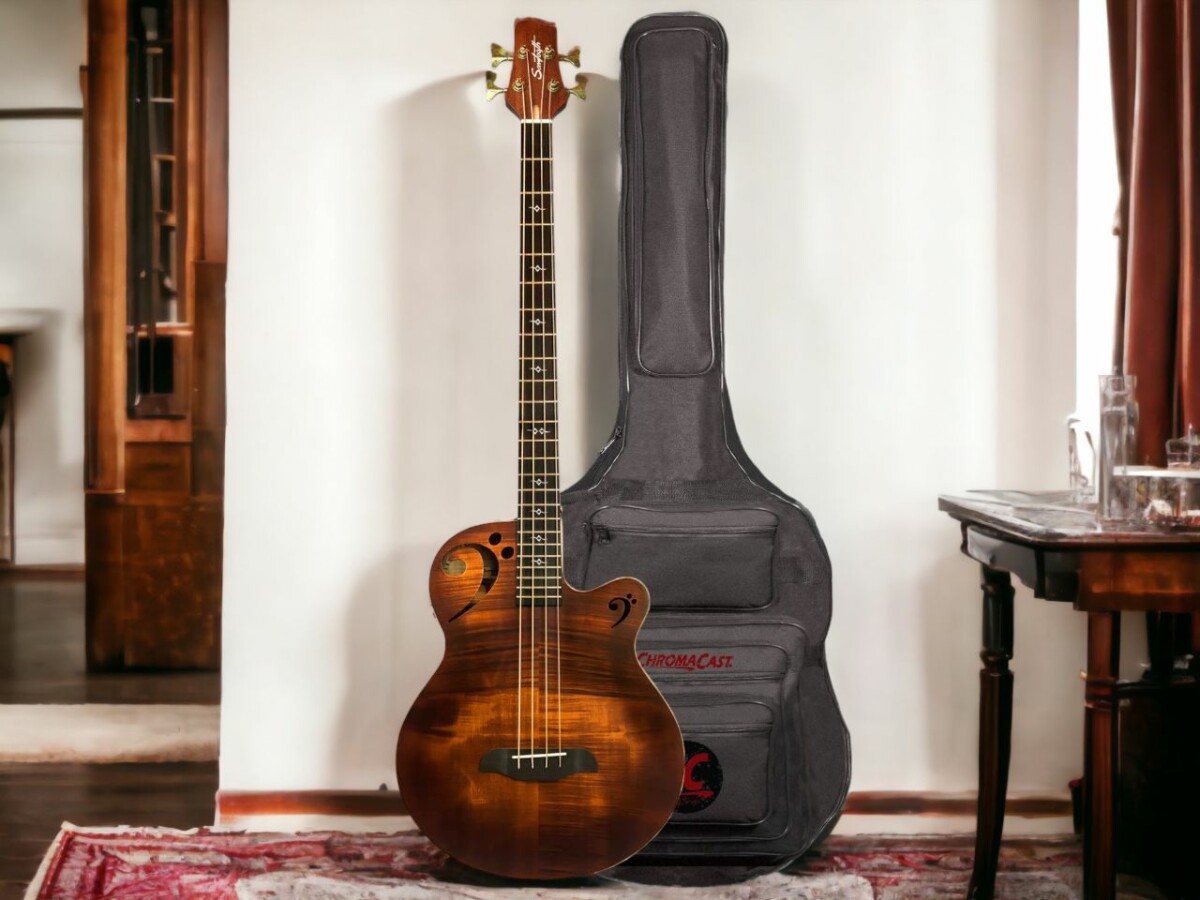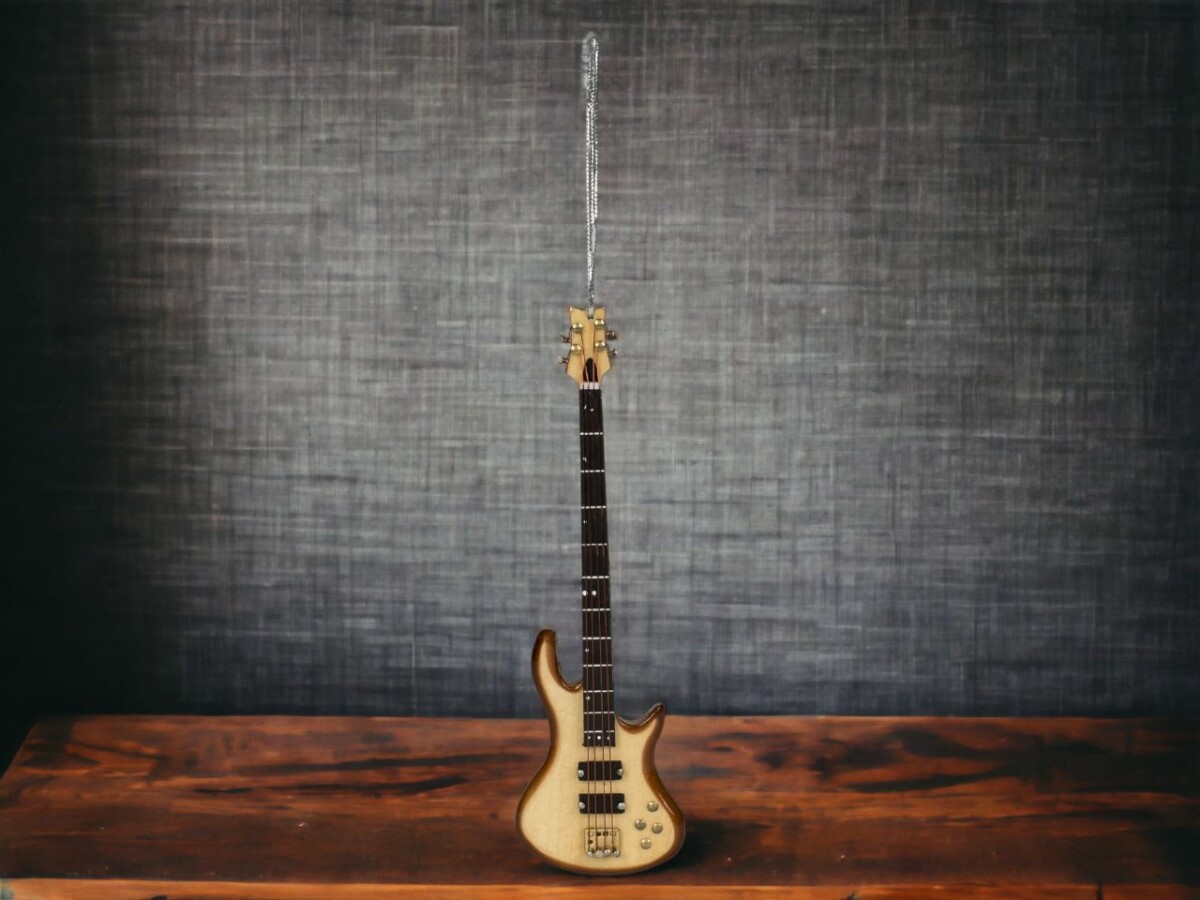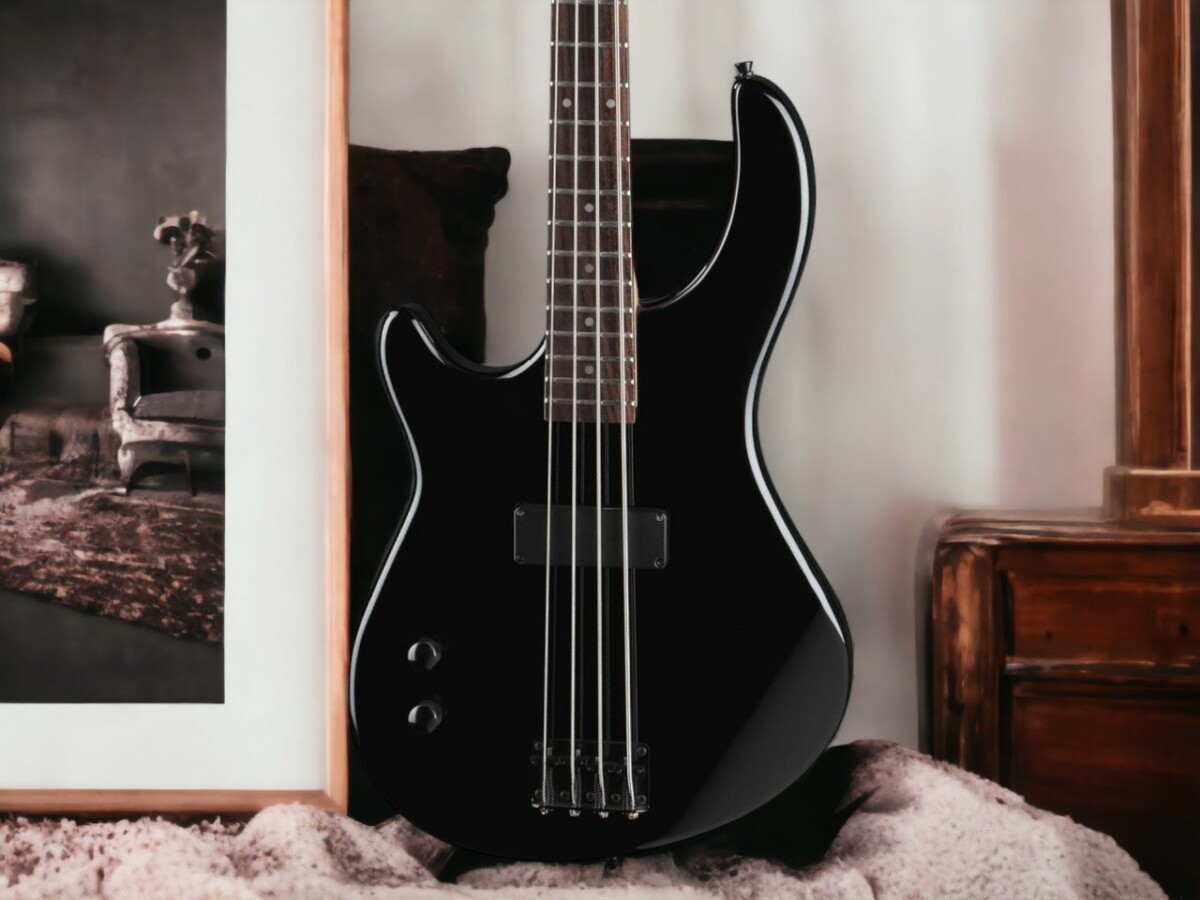So, you’re about to embark on this epic journey of learning the bass guitar. It’s not a sprint, it’s a marathon. It’s all about the rhythm, the flow of your progress.
You need to have patience, commitment, and a burning passion for music. Whether you’re just starting to read tabs, trying to nail a song, or jamming with mates, every step is a huge achievement.
Keep in mind, it’s not just about reaching the end, but also about the wicked tunes you’ll create along the way.
Alright, let’s buckle up and dive into the deets of how long it’ll take to master the bass guitar.
The Role of Patience in Learning Bass Guitar
The time you’ll need to master the bass guitar really relies on what you’re aiming for, how often you buckle down and practice, and if you’ve got any music experience under your belt. If you’re looking to play simple tunes and bass tracks, you’re probably looking at a couple months of consistent practice.
Let me tell you something, patience isn’t just a nice-to-have, it’s a non-negotiable. Like any other instrument, mastering the bass isn’t a walk in the park. You can’t just wake up one morning and boom, you’re a bass god. Nah, it’s more like a marathon than a sprint. It’s about being consistent, showing up every day, and, yeah, messing up a bit.
Ever look at a bassist you really dig and think, ‘I wanna be like them’? Well, guess what? They were once in your shoes, fumbling on the fretboard and struggling with rhythm. It’s part of the process. So, don’t beat yourself up when the going gets tough.
Break down those killer bass lines into bite-size pieces, and take ’em on one at a time. Celebrate those small wins – maybe it’s nailing that tricky riff or finally keeping time with the drummer. These little victories will stack up, and before you know it, you’ll be making real headway.
Understanding and Implementing Bass Tab Reading and Song Memorization
Just a couple of weeks into your bass journey, and you’ll find yourself starting to play around with bass tabs. As you grow and evolve as a bassist, you’ll realize that getting tunes locked down in your memory is super crucial for your practice sessions.
So, here’s a quick rundown to make things smoother for you:
Bass Tabs
- First things first, get the basics down pat: Each line in a tab is a string and the numbers you see are the frets.
- Make sure to incorporate sight-reading into your daily practice. Begin at a pace that feels comfortable, then crank up the speed as you start getting the hang of it.
Song Memorization
- Try and break down the tune into bite-sized pieces: the intro, verse, chorus, bridge, and finally, the outro.
- Master each part on its own before you start piecing them all together.
Marrying Both
- Start off by reading the tab and plucking it out slowly on your bass.
- As you gain confidence, start committing the tune to your memory, one piece at a time.
The Impact of Collaborative Play in Bass Guitar Learning
Ever thought about how jamming with others on your bass guitar could totally fast-track your learning journey? Group play, like jam sessions or being part of a band, can expose you to a whole spectrum of musical styles and techniques, taking your playing to another level. It’s not just about learning new riffs and licks though, playing with others also gives you a real sense of the practical stuff – reading cues, getting your timing right, and understanding dynamics – things you wouldn’t necessarily pick up if you’re always going solo.
What’s more, it’s a total blast and an interactive way to learn. Getting to play with others means getting real-time feedback, which can help you spot those pesky mistakes and fine-tune your playing. Plus, it’s a great way to build your musical communication skills, which are super important for any bassist. You start to develop a keen ear for the other instruments and learn how to respond and harmonize with them.
The Significance of Passion in Mastering Bass Guitar
Having a serious crush on the bass guitar, and pairing that with a steady practice regimen, can put a turbo on your learning journey. This love for the bass gives you that push to stay committed and keeps that hunger to get better alive.
Let’s break it down:
- Love for bass equals more jamming – The deeper you fall in love with the bass, the more you’ll crave to play. This means more time spent practicing and, as a result, your skills will start to skyrocket.
- Being all about that bass helps to keep you going – When the bass is your jam, you’re more likely to keep up with your practice routine, even when it feels like you’re stuck in a rut.
- Your bass crush can unleash your creative beast – Having a soft spot for the bass guitar can push you to try out new styles and techniques, giving your musical skills a serious boost.
Keep in mind, you won’t become a bass boss overnight. But with that burning passion for the bass, you’re more likely to hang in there and see some legit progress.
Speed Vs. Technique: What Matters More in Bass Guitar Playing
You know that feeling when you’re jamming on your bass and you’re not sure whether to focus more on speed or technique? Well, here’s the real deal – both are crucial, but they’re not equal.
Trying to play fast without proper technique is like trying to run before you can walk – it just ends up being a sloppy mess. On the flip side, all the technique in the world won’t help if you can’t keep up with the tempo of the tunes.
Most of the pros will tell you that technique takes the cake. The reason? Solid technique gives you that consistent, clean sound that makes your bass really pop. It’s like laying the groundwork; once you’ve got that down, speed comes naturally.
But if you’re all gung-ho about playing fast and you neglect your technique, you’re setting yourself up for a fall. You might pick up some bad habits that’ll be a pain to get rid of later.




